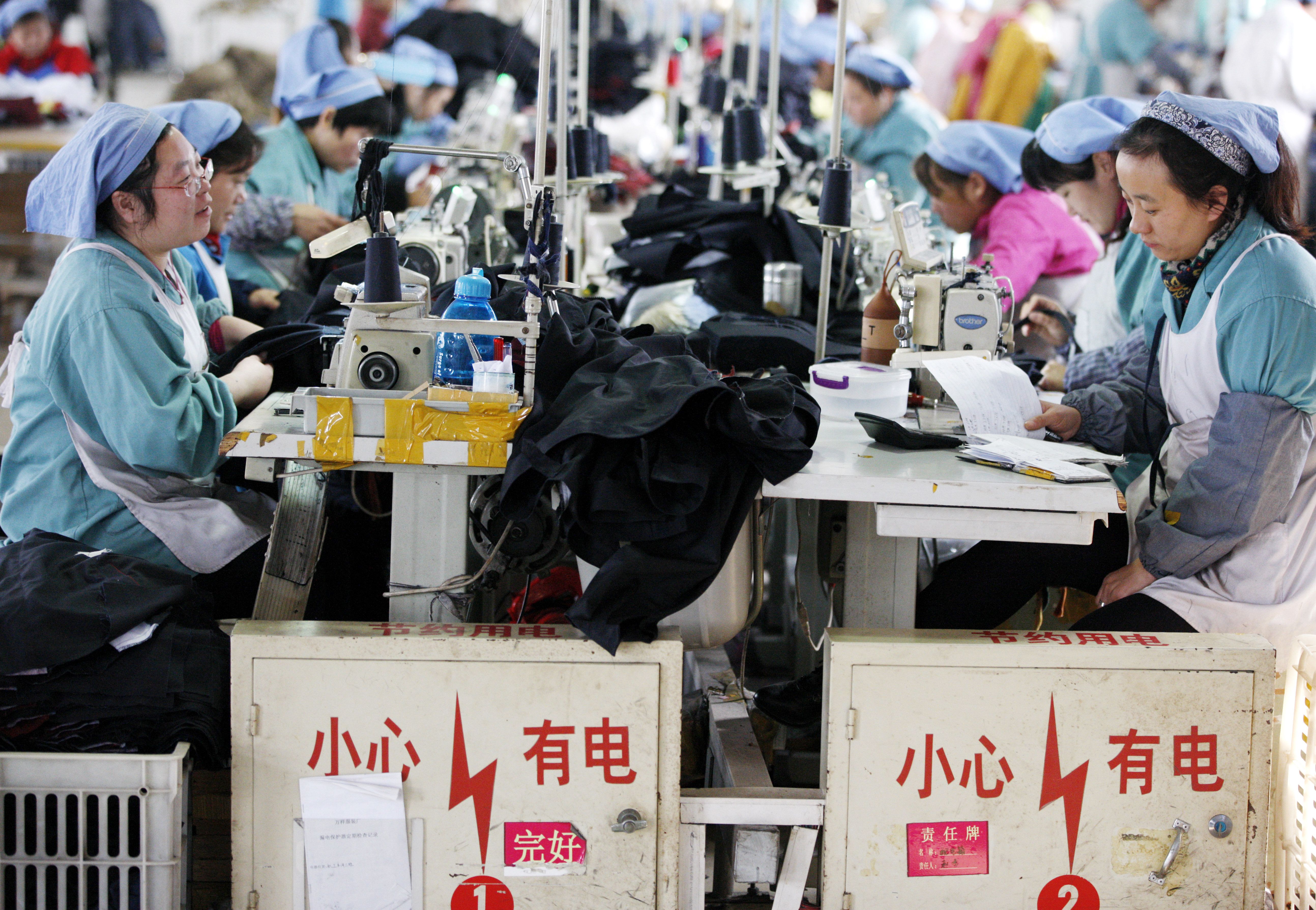Coronavirus Politics Daily: Asia's factories lag, Finland misses Russians, Venezuelan gas lines
Asia's manufacturing is still sick: Hailed for successfully managing the public health challenges of the pandemic, some of Asia's exporting powerhouses are now coming to terms with the economic impact of the crisis. A series of surveys released Monday show that the continent's crucial manufacturing sector took another hit last month as global trade continued to contract. While China's manufacturing activity expanded in May, showing some signs of a modest economic comeback, some of the region's export heavyweights have suffered their sharpest economic downturns in over a decade, as new export orders from their main trade partners remain slim. South Korea, for example, has been hailed for its apt management of the health crisis, but its exports have now slumped for three months straight, with shipments contracting 23.7 per cent year-on-year in May. Similarly, Taiwan has recorded just 7 deaths from the virus, but its manufacturing activity fell again in May from the previous month, while the IMF predicts that the economic bloc made up of Indonesia, Malaysia, Philippines, Thailand, and Vietnam will grow at -0.6 percent this year, down from its earlier estimate of +4.8 percent. Analysts now say that the region's economic rebound could take way longer than previously predicted.
Finland feels Russia's absence: While Finland's entire economy is reeling amid government-mandated lockdowns, the people of South Karelia, the picturesque Finnish border region that abuts Russia, are under particular stress as border closures keep out Russian tourists who are an economic lifeline for the area. Last year, some two million Russians visited, infusing cash into the lake district's tourist-dependent retail and agricultural sectors. But as Russia continues to grapple with one of the worst coronavirus outbreaks in the world, the Finland-Russia border is unlikely to reopen before the usually-lucrative summer tourist season – and could even stay shuttered for the rest of the year. Experts now say that for every month that the border is closed, local Finnish businesses could lose an estimated 25 million euros, shedding 900 jobs in total. Indeed, it's the worst crisis to hit the area since the economic turmoil caused by the collapse of the Soviet Union some 30 years ago. Finland's tourism industry is trying to boost domestic travel and lure tourists from elsewhere in Europe, but whether this will offset the loss from Russia this summer remains to be seen.
Venezuela's pain: Venezuela faced a severe economic crisis well before coronavirus arrived, but COVID has now inflicted a new degree of pain. The country's fuel shortage not only leaves drivers walking to work, stalled in traffic, in long lines hoping pumps will contain enough liquid to partially refill empty tanks, or sucking gasoline through plastic tubing to siphon it from one vehicle to another. It now also leaves coffins containing the remains of COVID-19 victims sitting in parked hearses that are unable to reach cemeteries because they have no fuel. It's an irony made even more bitter by the reality that Venezuela has the world's largest proven reserves of crude oil.
